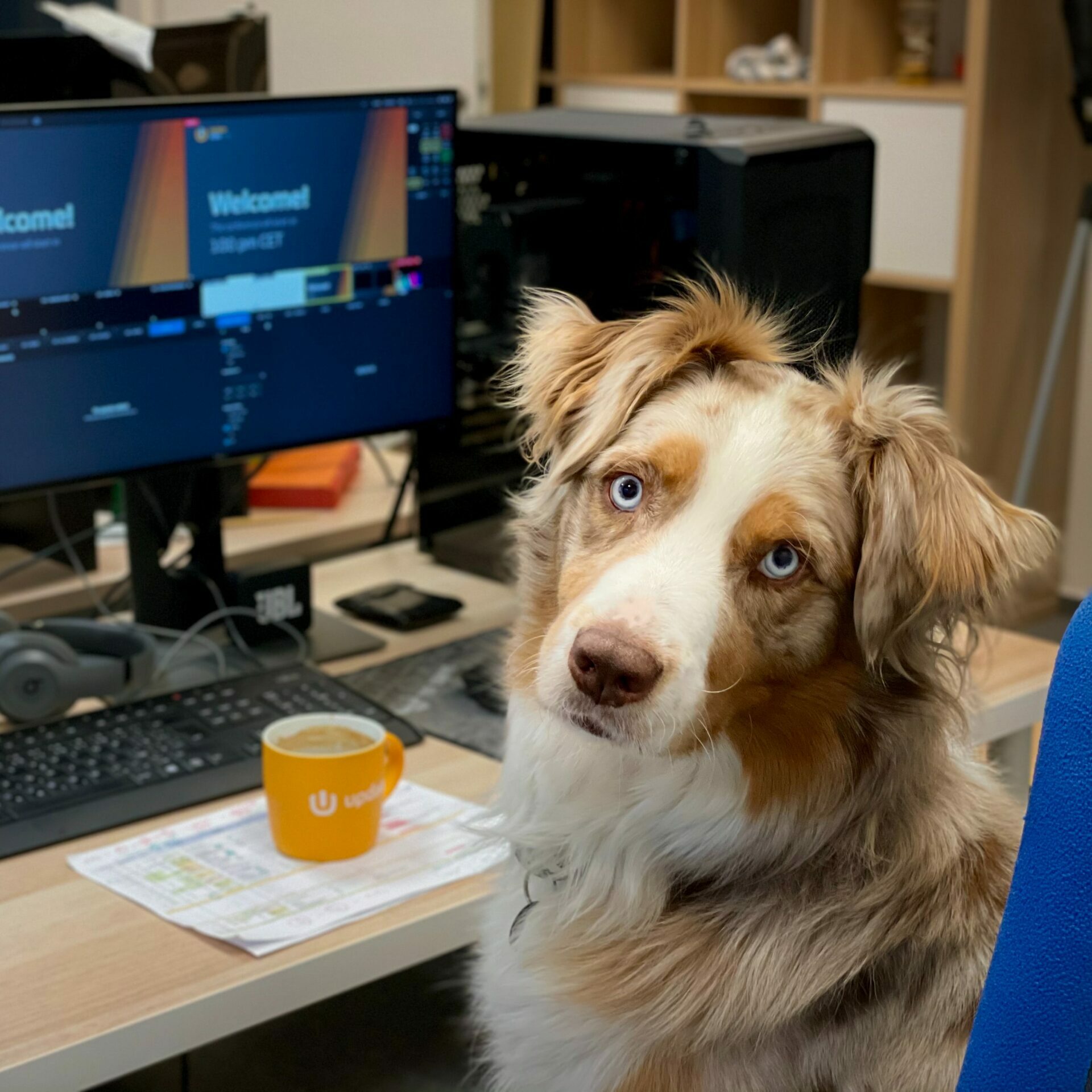This post was originally published on tech.co on July 30, 2015. This article was deleted by tech.co on or after June 26, 2018. I was not told that this and several other posts I contributed were removed or given any reason why. No one at tech.co has had any contact with me since the acquisition by MVF. I am backdating this post to July 30, 2015, and publishing on my own blog on January 26, 2019.
To me ownership is the single most important concept in business and, although equity is important, I’m not talking about actual shares or percentages of a company. I’m talking about empowering employees, partners, and coworkers to be able to make decisions. Ownership equates to control. If you want those you work with to ever be more than drones following a process you have to give them the freedom to make decisions and the freedom to fail (Remember, it’s 99 ways how not to make a lightbulb.).
It’s like this: I used to walk my childhood dog twice daily and twice daily we would walk past a Dalmatian in a small fenced in yard. I always wanted to walk my neighbor’s dog who I watched get fatter and more unhappy each day, but I never did. Why? Not my dog. Would it have been a favor to the dog’s owners if I came over every day and walked their dog? Yes. Did I have the right to open the gate and take the dog for a walk? No.
Back to Running a Business
You have to clearly define responsibilities and authority (aka ownership). If your employees don’t know what they are supposed to do, they have been set up for failure. But you probably don’t know everything that needs to be done. If someone is tasked with helping you build a company, they should know the areas they control and where they need approval.
There are many mature companies run entirely by processes created by the corporate leadership. Everyone following the same process lets me order the same drink at any Starbucks at any time and I know it will taste the same. But, when you’re starting, you have to build the checklists and processes. Additionally, many businesses will never be able to run on process entirely–especially in creative fields.
In the beginning, you have to establish the processes that work and find how to scale them. When my grandparents started a barbeque restaurant, they had to come up with a signature BBQ sauce. This sauce was a result of trial and error. Only after tasting different blends of the sauce and settling on a recipe could the making of the sauce be turned into a process. That process has resulted in a consistent taste for nearly 40 years.
Can Your Employees Walk the Dog?
The last thing you want is someone sitting on their hands unsure if they are allowed to step up. Does everyone you work with know their job? In your company, are people allowed to just pick up any task that needs to be done or are they afraid of overstepping boundaries?
If you want to bring out the best in people and quickly identify the lazy make sure everyone knows they have the freedom to step up and take ownership of a project. Just as importantly, make sure that employees efforts are recognized and rewarded.
It wasn’t long ago I was working for a company where I was able to do my entire full time (contract called it 45 hours a week) job in 15 hours a week. When I first started, I was driven and motivated. I would end up working 60 – 80 hours a week trying to go as far above and beyond as I could. When it became clear that my performance wouldn’t affect how much I earned or my progression up the corporate ladder, I found myself depressed and wound up doing my job in 15 hours a week. I didn’t shirk my responsibilities, but I wasn’t walking other people’s dogs. I was just there to do my job and nothing more. It wasn’t long after that I and several other employees, including my boss, left to pursue other work.
TL;DR
Make those around you owners. Compensate them fairly for the work they do. And, while we are at it, build tasks into processes that can be further developed and improved.
This article by Mason Pelt of Push ROI was first published in tech.co on July 30, 2015. Now canonicalized here. Photo by Pavel Herceg on Unsplash
